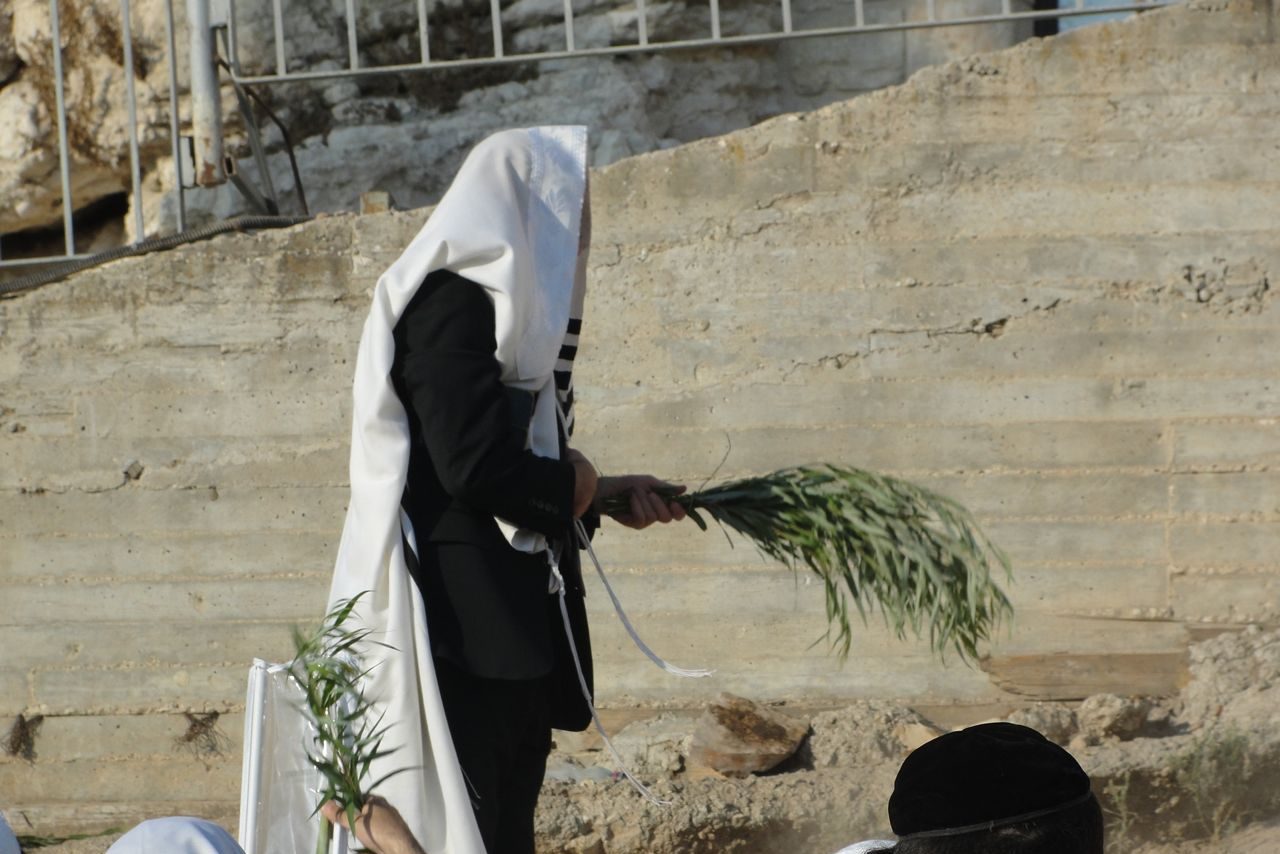Rabbi Dr. Asher Meir 9 articles
Rabbi Dr. Asher Meir is one of the Jewish world's best-known lecturers and educators in the area of business ethics. Rabbi Dr Meir is known by a wide audience from his Ethics@Work column in the Jerusalem Post, through the popular syndicated column "The Jewish Ethicist," and through his lectures and books. His extensive background includes being educated at Harvard, and obtaining a Ph.D. in economics from MIT. He has worked on the staff of the Council of Economic Advisers in the Regan Administration. His rabbinic ordination is from the Israeli Chief Rabbinate. Rabbi Dr Meir's works combine a professional grasp of the detailed workings of the 21st century economy with a highly-developed sensitivity to the eternal ethical messages of Jewish law and tradition. For a number of years he served as a Senior Lecturer in economics and business ethics at the Jerusalem College of Technology. Rabbi Meir's first book, The Jewish Ethicist, was released in February 2005 and rapidly obtained remarkable reviewer approval. The American Library Association's Booklist applauded it as "an important source of ethical insights for Jews and non-Jews alike," while the Jewish Press noted that the author "combines up-to-the-minute knowledge of his field with thousands of years of Jewish tradition." Rabbi Meir's second book, Meaning in Mitzvot, distributed by Feldheim, provides insights into the deeper spiritual and ethical meanings of the daily practices of Jewish law, has been warmly received by readers. Dr Meir is a regular member of the Ethics Committee of the Prime Minister's office, and of the Israel Economic Association. He has spoken as an invited expert before the Knesset Law Committee. He is a frequent speaker at professional gatherings on business and economic ethics, as well as a lecturer for popular audiences.











